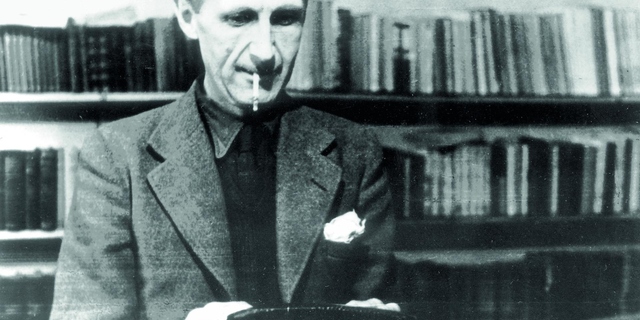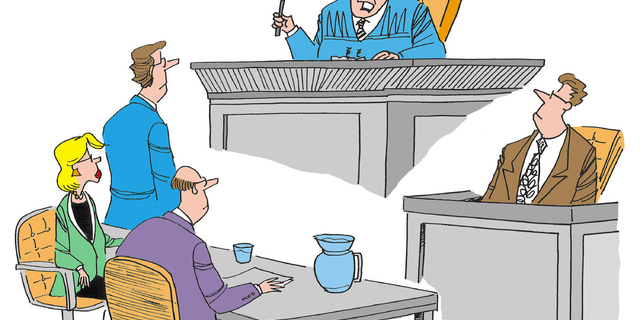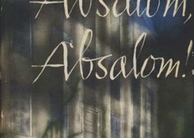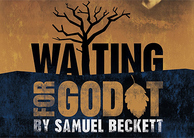Modernism (tagged articles)Architectural Beauty as a Public Good Through the Lens of Ritzer and KohnOlivia Sun - After World War II, America’s baby boom and rapid migration into cities sparked a damaging housing crisis. This marked a turning point in architectural style: the rise of modernism. Modernism prioritizes function above all else and believes in the existence of... Keep Reading »
The Everyday as Empowering: Violence and Suburban Monotony in the Interwar Writing of George OrwellFlorence Ward - In the opening of J. M. Richards’s post-war account of suburbia, The Castles on the Ground, the author's commentary is unusually sympathetic to a phenomenon that throughout the twentieth-century had either been critically neglected or judged as monotonous, conservative... Keep Reading »
Challenging the Gender Dichotomy in the Victorian Era: Reading Hemingway's Up in Michigan and Mansfield's Frau Brechenmacher TogetherKimberly Taylor - Sexual violence and coercion became hot topics in 2017, with endless headlines. However, these problems and issues are not new, nor are they confined to a single segment of society. Rather, they have longstanding roots within patriarchal society viewing the sexes as... Keep Reading »
Photo: Surian Soosay CC-2
Consumption as Postmodern Ideology in ChinaChristopher E. Barnett - Jean Baudrillard makes the argument that in a postmodern globalized world, in which competing utopian metanarratives from both sides of the political spectrum have been exposed as failures, society is no longer constructed or ordered through common political ideology... Keep Reading »
Appellate Attorney as Storyteller: A Postmodern Analysis of Narrative in Appellate BriefsMichelle Villanueva - The idea that narrative has an important role to play in the legal process is not a particularly radical one, at least since the rise of the scripted courtroom drama as entertainment. After all, this is a common genre in television and movies. The courtroom drama is... Keep Reading »
The keyword Modernism is tagged in the following 16 articles. Expedited Article ReviewSubmit an article and get a decision fast. If you need a fast decision, INQUIRIES Journal offers expedited processing of your submission for a small fee. Depending on the expedited review option you choose, you can receive a decision in as few as 5-days. In addition to a shorter review period, the fee supports the journal's continued operation and open-access publishing model. Standard submissions are always free. Submit Now » - Submit an Article to Inquiries Journal -Inquiries Journal provides undergraduate and graduate students around the world a platform for the wide dissemination of academic work over a range of core disciplines. Representing the work of students from hundreds of institutions around the globe, Inquiries Journal's large database of academic articles is completely free. Learn more | Blog | Submit |






















